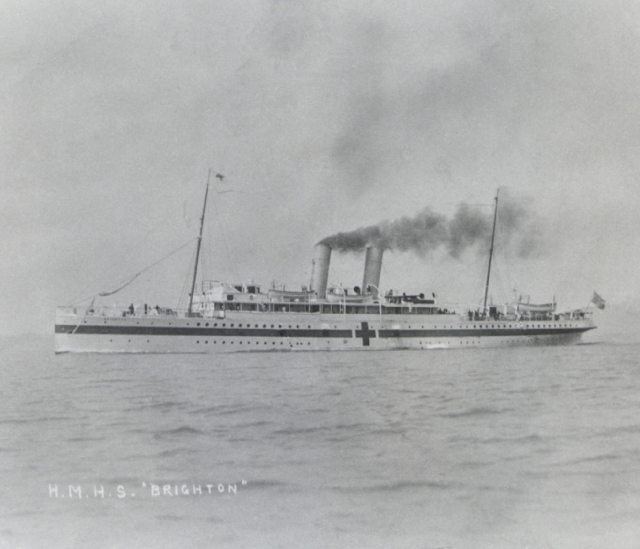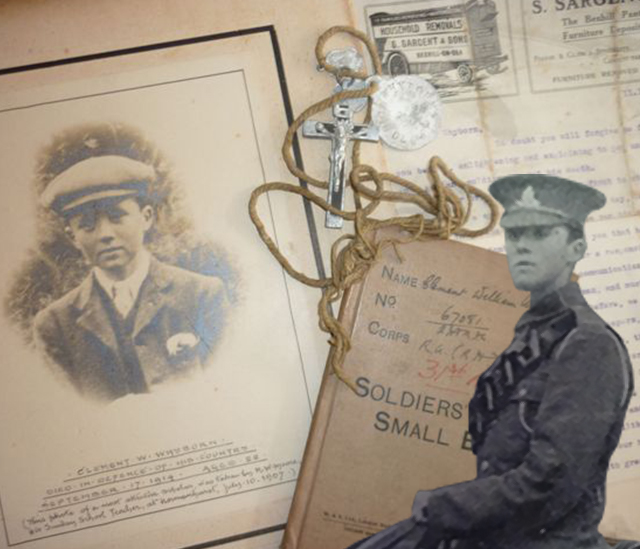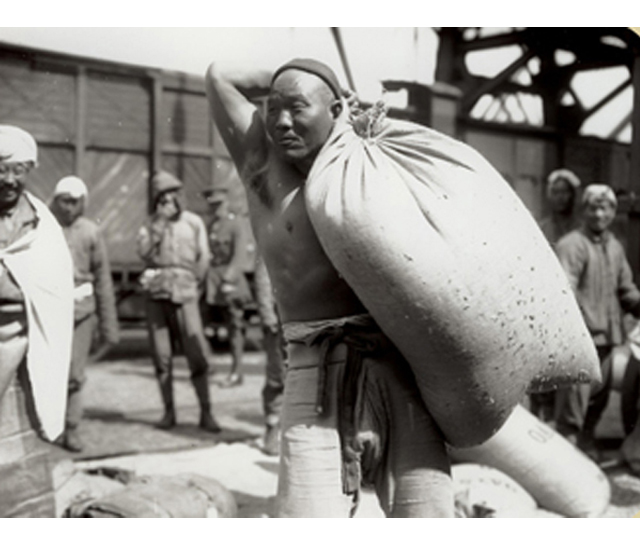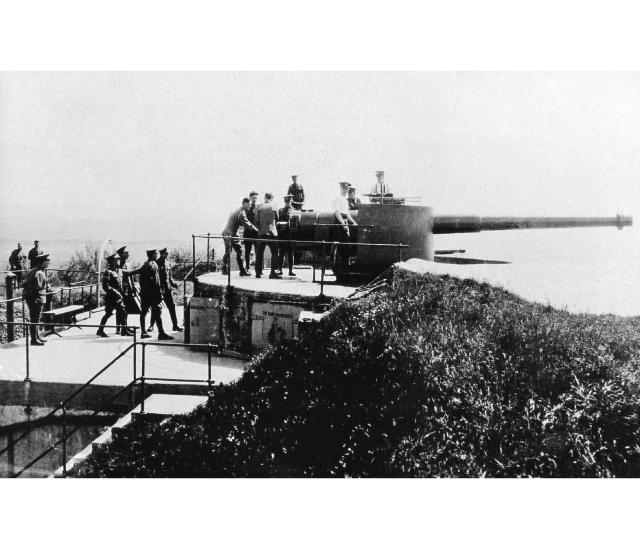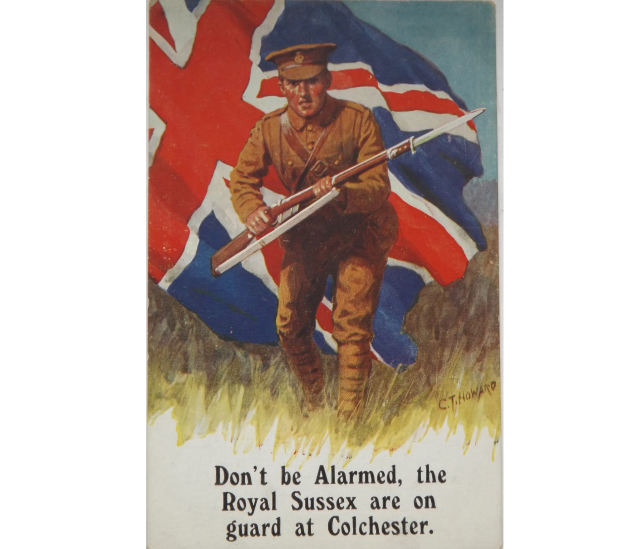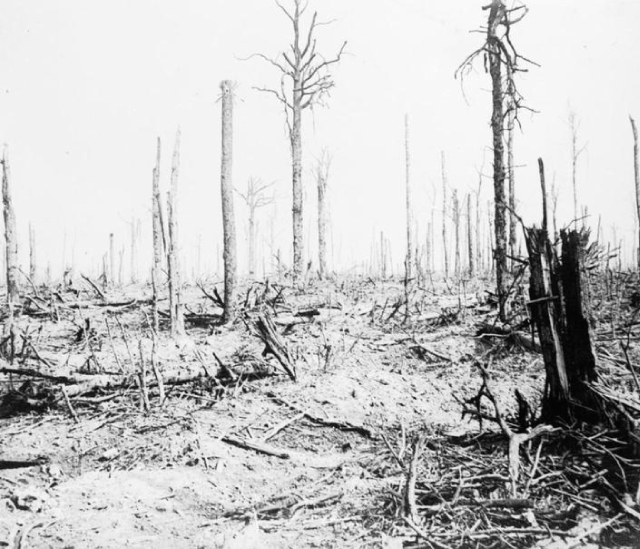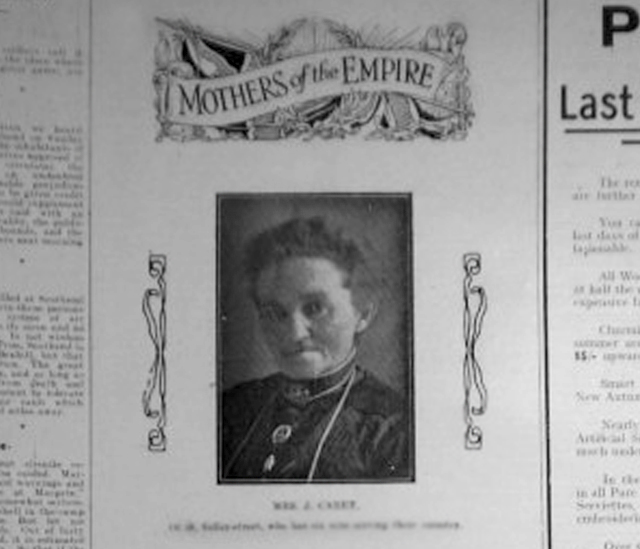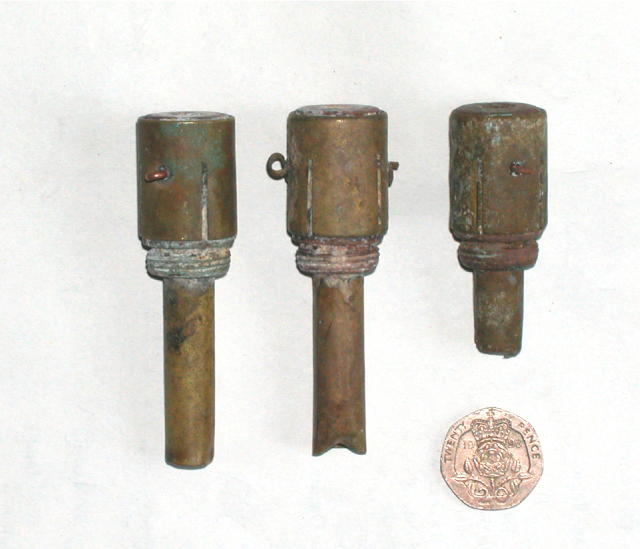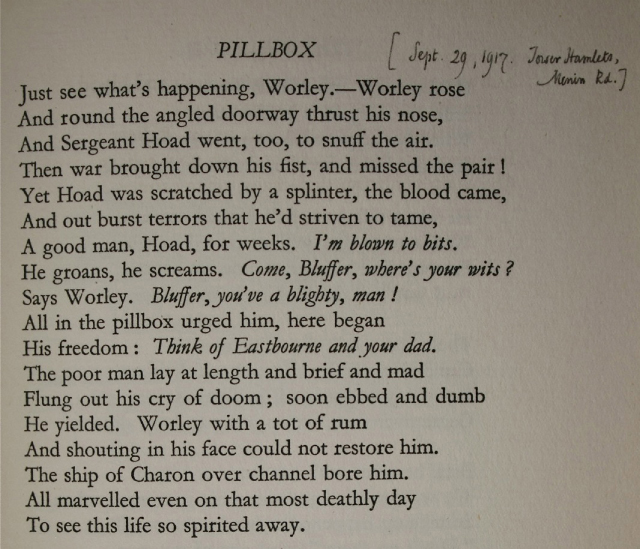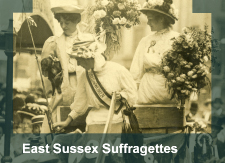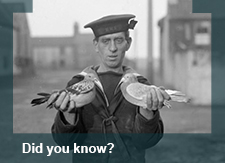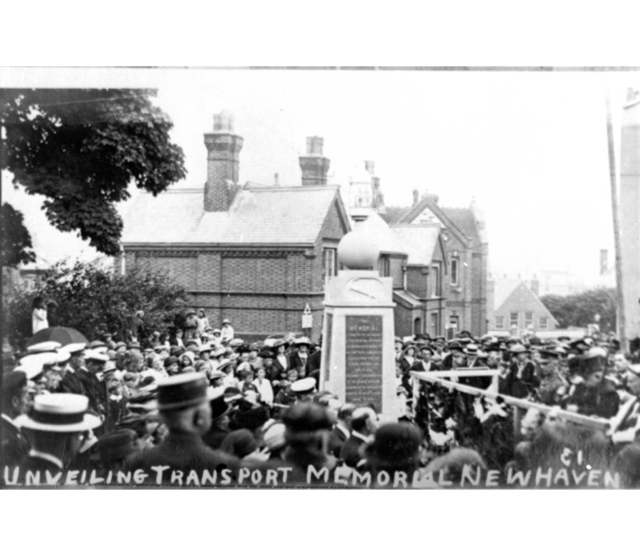
Newhaven Transport Memorial
Did you know that the Newhaven Transport Memorial currently sited in the Memorial Garden was originally placed elsewhere? The Transport Memorial bears the names of 99 people who lost their lives whilst undertaking to deliver supplies to the frontlines during the First World War. It was unveiled in 1920 at the corner of Meeching and […]

